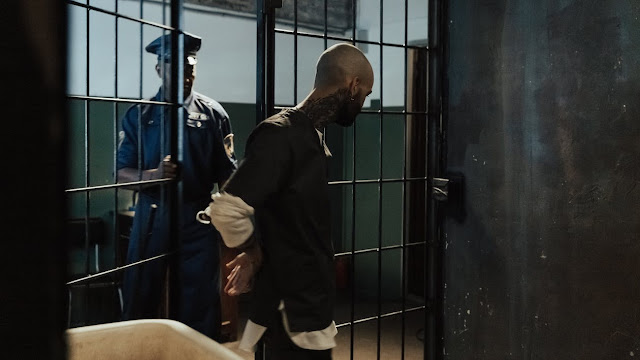Understanding Juvenile Offenders in Criminal Law
Juvenile offenders are minors who are accused of committing a crime. The criminal justice system handles cases involving juvenile offenders differently than those involving adult offenders. As a result, it is important for criminal law attorneys to have a thorough understanding of the laws and processes that apply to juvenile offenders.
The Juvenile Justice System
The juvenile justice system is separate from the adult criminal justice system and is designed to provide rehabilitation and treatment for young offenders. Juvenile courts have the power to make decisions about a minor's custody, treatment, and rehabilitation. The goal of the juvenile justice system is not to punish young offenders, but to help them learn from their mistakes and become productive members of society.
One of the key differences between the adult and juvenile justice systems is that juvenile cases are heard in front of a judge, rather than a jury. The judge makes the final decision in the case and has the authority to impose a variety of dispositions, including probation, community service, and commitment to a juvenile detention facility.
The Role of a Criminal Law Attorney in Juvenile Cases
Criminal law attorneys play a crucial role in representing juveniles accused of crimes. They are responsible for providing legal advice, representing the juvenile in court, and advocating for the best possible outcome for their client.
One of the most important tasks for a criminal law attorney in a juvenile case is to thoroughly review the evidence and build a strong defense. This includes interviewing witnesses, reviewing police reports, and identifying any potential legal issues.
In addition to providing legal representation, a criminal law attorney can also help juveniles understand their rights and navigate the often-complex juvenile justice system. This includes helping juveniles understand the charges against them, the potential consequences of a conviction, and the various options for plea bargaining or dispositions.
In many cases, a criminal law attorney may also need to work closely with other professionals, such as social workers, probation officers, and mental health professionals, to ensure that the juvenile's rights are protected and that they receive the appropriate treatment and support.
The Consequence of Criminal Conviction on Juveniles
Juvenile criminal convictions can have a long-term impact on a young person's life. A criminal record can affect a juvenile's ability to get a job, housing, or financial aid for college. In some cases, a juvenile conviction can even result in the loss of certain civil rights, such as the right to vote.
It is important for criminal law attorneys to be aware of these potential consequences and to work closely with their clients to minimize the impact of a criminal conviction. This may include negotiating for a more lenient sentence, such as probation or community service, rather than a term in a juvenile detention facility.
In conclusion, criminal law attorneys play a crucial role in representing juveniles accused of crimes. They need to have a thorough understanding of the laws and processes that apply to juvenile offenders, provide legal representation, help juveniles understand their rights, navigate the often-complex juvenile justice system, and work closely with other professionals to ensure that the juvenile's rights are protected and that they receive the appropriate treatment and support. Therefore, it is important for criminal law attorneys to stay up-to-date on the latest developments in juvenile justice and to have a strong understanding of the juvenile justice system.
Criminal Law and Immigration
Another important aspect for criminal law attorneys to consider when representing juveniles is the potential impact of a criminal conviction on immigration status. Juveniles who are not U.S. citizens may face deportation if they are convicted of certain crimes.
It is important for criminal law attorneys to understand the immigration laws and how they apply to their juvenile clients. This includes being aware of the types of crimes that can result in deportation, as well as the potential consequences of a conviction on a juvenile's immigration status.
In some cases, a criminal law attorney may need to work closely with an immigration attorney to ensure that the juvenile's rights are protected and to explore any potential options for relief, such as cancellation of removal or withholding of removal.
Conclusion
In conclusion, the criminal justice system handles cases involving juvenile offenders differently than those involving adult offenders. Criminal law attorneys play a crucial role in representing juveniles accused of crimes, providing legal advice, representing the juvenile in court, and advocating for the best possible outcome for their client. They should have a thorough understanding of the laws and processes that apply to juvenile offenders, the potential consequences of a conviction, and the various options for plea bargaining or dispositions. Furthermore, it is important for criminal law attorneys to stay up-to-date on the latest developments in juvenile justice and immigration law to ensure that their juvenile clients' rights are protected, and that they receive the appropriate treatment and support.







0 Comments